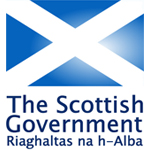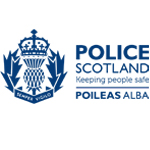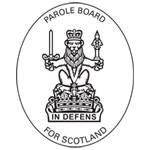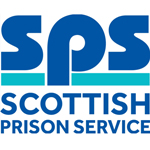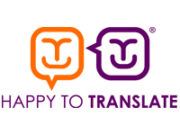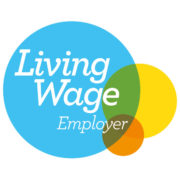Why volunteering is not a ‘drag’
It’s Purple Friday – a national day against homophobia, biphobia and transphobia and showing support for LGBTI equality.
In this blog post, Victim Support Scotland volunteer Jordan talks about his motivations for volunteering with us as well as his passion for performance.
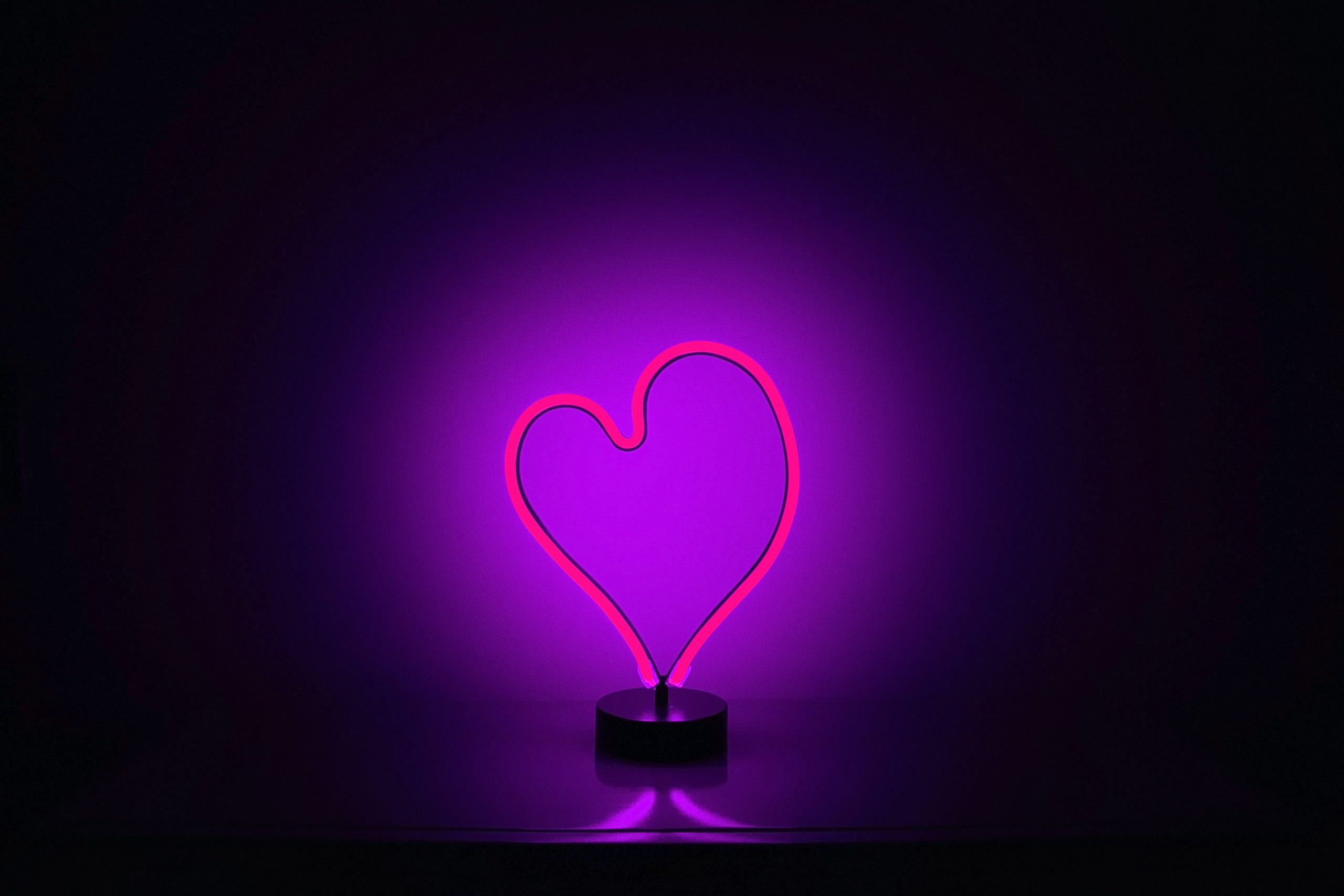
I’m a Masters student at the University of Stirling, where I am currently enrolled on the MSc Criminology course. Others know me as Rayna Destruction – international drag superstar and Edinburgh’s neon-covered clown… (I’m a drag queen).
I’m also a volunteer for Victim Support Scotland, an organisation which offers incredibly important services to those affected by crime, both in a community setting and also within the criminal justice system itself with our court-based services.
My interest in volunteering for Victim Support Scotland and my drag career share a similar emotional impetus: I like helping people.
On this Purple Friday, it’s important to remind people that Victim Support Scotland is here to help everyone in the aftermath of a crime, regardless of their background and how they identify themselves. We can help you by talking through the experience of crime and what it was like for you, as well as guiding you through the process of attending court.
I’ve been an active drag performer for about two and a half years now. I had always been very musical as a child, playing several instruments and later learning to sing. I never enjoyed performing in front of people, however; I much preferred playing for myself within the comfort (and seclusion) of my bedroom.
Years later, when I was in my early twenties, I first experimented with drag as I was drawn to the theatricality of the make-up and costumes, but also the musicality of it all. I’d seen drag queens (as well as kings and inter-binary performers who don’t identity with one or the other) sing and play instruments on TV – so why couldn’t I do it? Drag is like a suit of armour – you feel invincible when you’re in drag. This is what gave me the courage to perform in front of others and share my stories through performance art.
I started sporadically performing at local drag shows, very much as a hobby and just a bit of fun. It wasn’t until much later that I realised how much more important – and more meaningful – drag is for myself and many others. Drag is, like most performance art forms, a means of escape. It allows the performer (and their audience) to forget about the banality of everyday life, even just for a short while.
Drag creates for a very special relationship between performers and audiences. It’s very reciprocal – we exchange stories through our performances; these stories can convey and illicit an array of emotions, from joyous and comical to tragic and heart-rending – sometimes all in the same singular performance.
For me, making people laugh is most rewarding. If you’ve had a hard day, coming to a drag show can be very therapeutic. It’s like a circus – I often call myself a drag clown. We paint on colourful expressions and wear over-the-top costumes, all for the express purpose of entertaining others.
For the past year, I have produced and hosted my own alternative drag show called Biohazard, which takes place on the first and third Thursdays of the month, as well as the fourth Saturday, at Banshee Labyrinth, Edinburgh’s most haunted bar. The show has been very successful, attracting drag artists from all over the UK and overseas.
Like Victim Support Scotland, my show is a safe space for people who need it. Sometimes people need to talk, to cry, maybe even to laugh… it helps them process what they’re going through. And letting them know that they are not alone – and what they are feeling is completely normal and valid – is an integral part of my role as a volunteer within the organisation. It’s all about emotional support; people like to know they have someone to talk to, to share their stories with, whether it’s at a drag show or with volunteers working with organisations such as Victim Support Scotland.
It’s important that people coming to use our services feel comfortable by who they are seen by. As a volunteer who is part of the LGBTQ community, I can see this and for me I would be more likely to access the services of a charity where the workforce has someone I can identify with.
Victim Support Scotland is here to help.
No one expects to be a victim of crime, but it can happen to anyone. Victim Support Scotland provides information, emotional support and practical assistance to people affected by crime, including victims, witnesses and their families and friends.
If you have experienced a crime and would like support, Victim Support is here to help you. Click here for more details about the support we offer or call our helpline on 0800 160 1985.
Volunteer with Victim Support Scotland
Find out moreLatest news and blogs
-
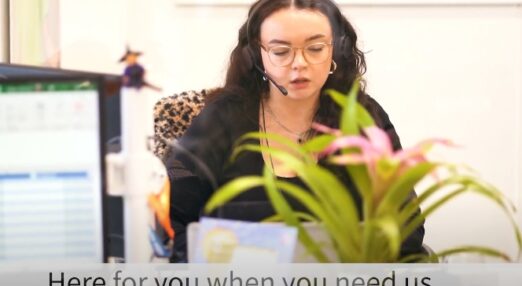
We’re here – support over the festive period
We know that the festive period can be difficult for people impacted by crime - that's why we'll remain open right through Christmas and New Year.
Read more
-
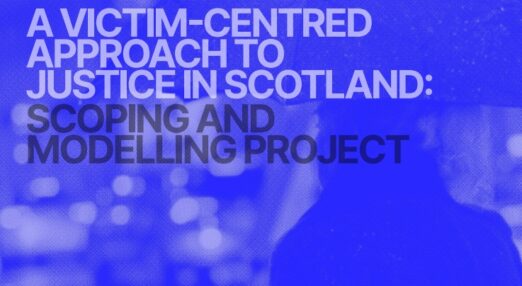
A Victim-Centred Approach to Justice in Scotland: Scoping and Modelling Project
This project, commissioned by Victim Support Scotland, sought to explore how a more victim-centred approach could be realised in Scotland's criminal justice system.
Read more
-
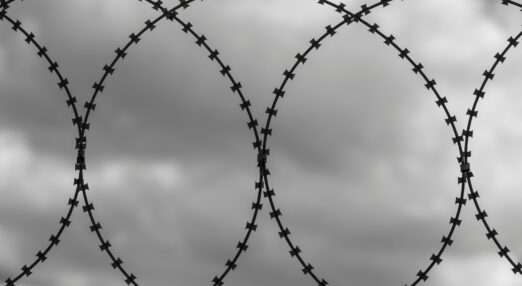
Concern over impact of new early prisoner release bill as Scotland’s crime stats revealed
Victim Support Scotland has expressed concerns about the impact of the Prisoners (Early Release) (Scotland) Bill, which was passed by MSPs yesterday, in light of new crime statistics revealed by the Scottish Government.
Read more
-
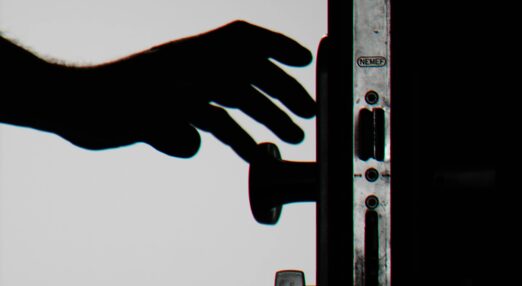
Victim Support Scotland voices concerns about Prisoners (Early Release) (Scotland) Bill
Victim Support Scotland has voiced concerns about the Prisoners (Early Release) (Scotland) Bill.
Read more
-

Media Reporting on Child Homicide – Victim Support Scotland Consultation Response
Victim Support Scotland's response to the Scottish Government consultation on Media Reporting on Child Homicide.
Read more
-
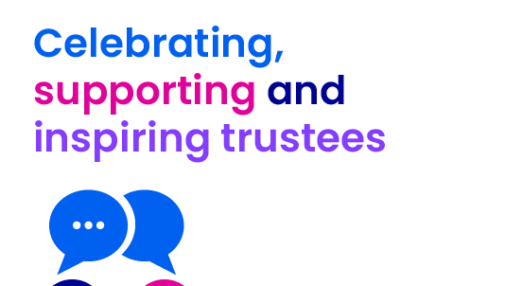
Highlighting the role of Trustees at VSS
We sat down with Gillian Imery, one of our trustees, to chat about the role she plays, why she decided to get involved with VSS, and how her skills and experience enrich our charity.
Read more
-

Statement on Homicide in Scotland figures
Victim Support Scotland has released a statement in response to the Homicide in Scotland figures released by the Scottish Government.
Read more
-
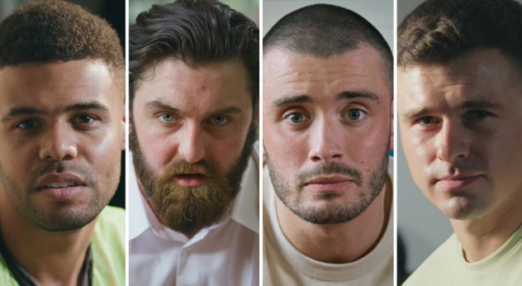
Statement on Police Scotland rape statistics
Victim Support Scotland has released a statement on the figures released by Police Scotland which show an increase in the number of rape cases reported within the last 6 months, alongside the launch of the latest 'That Guy' campaign.
Read more
-
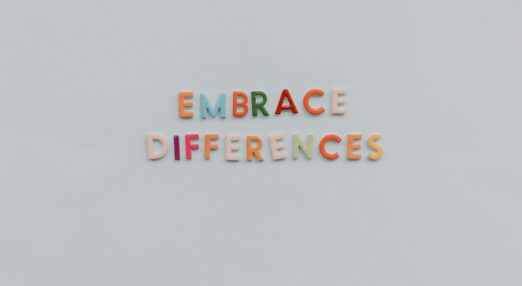
Victims of hate crime need to have their voices heard
This article by our Chief Executive Kate Wallace argues why more must be done to support victims of hate crime.
Read more
-

Statement on Scottish Government’s plans for Victim Notification Scheme reform.
Victim Support Scotland has released a statement on the Scottish Government's plans for reform of the Victim Notification Scheme.
Read more
-
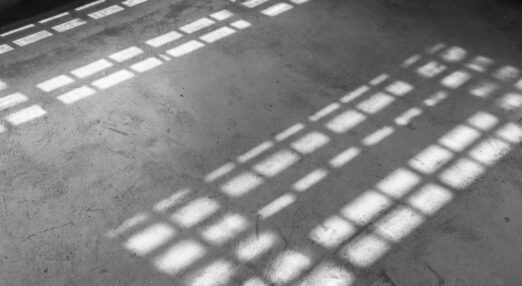
Statement on Scottish Government plans for long-term prisoner release
Victim Support Scotland has released a statement on the Scottish Government's plans for long-term prisoner release.
Read more
-

Experiencing Hate Crime – Helena’s* story
When Helena’s* partner became disabled as a result of a severe stroke, they began to experience a series of hate crimes perpetrated against them by a neighbour. VSS supported her during the court process, towards the end of her ordeal. This is her story.
Read more

